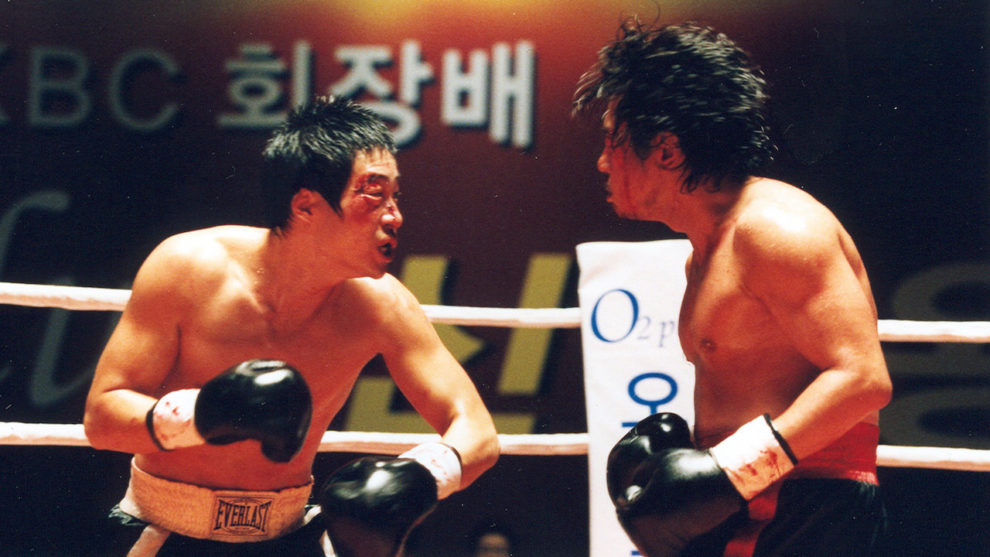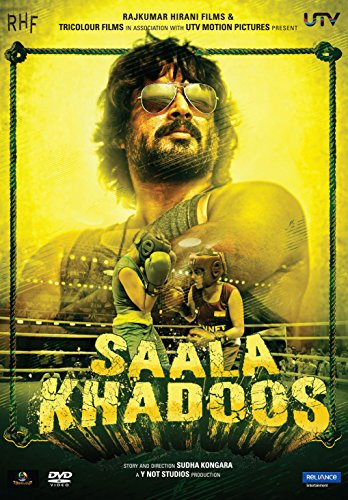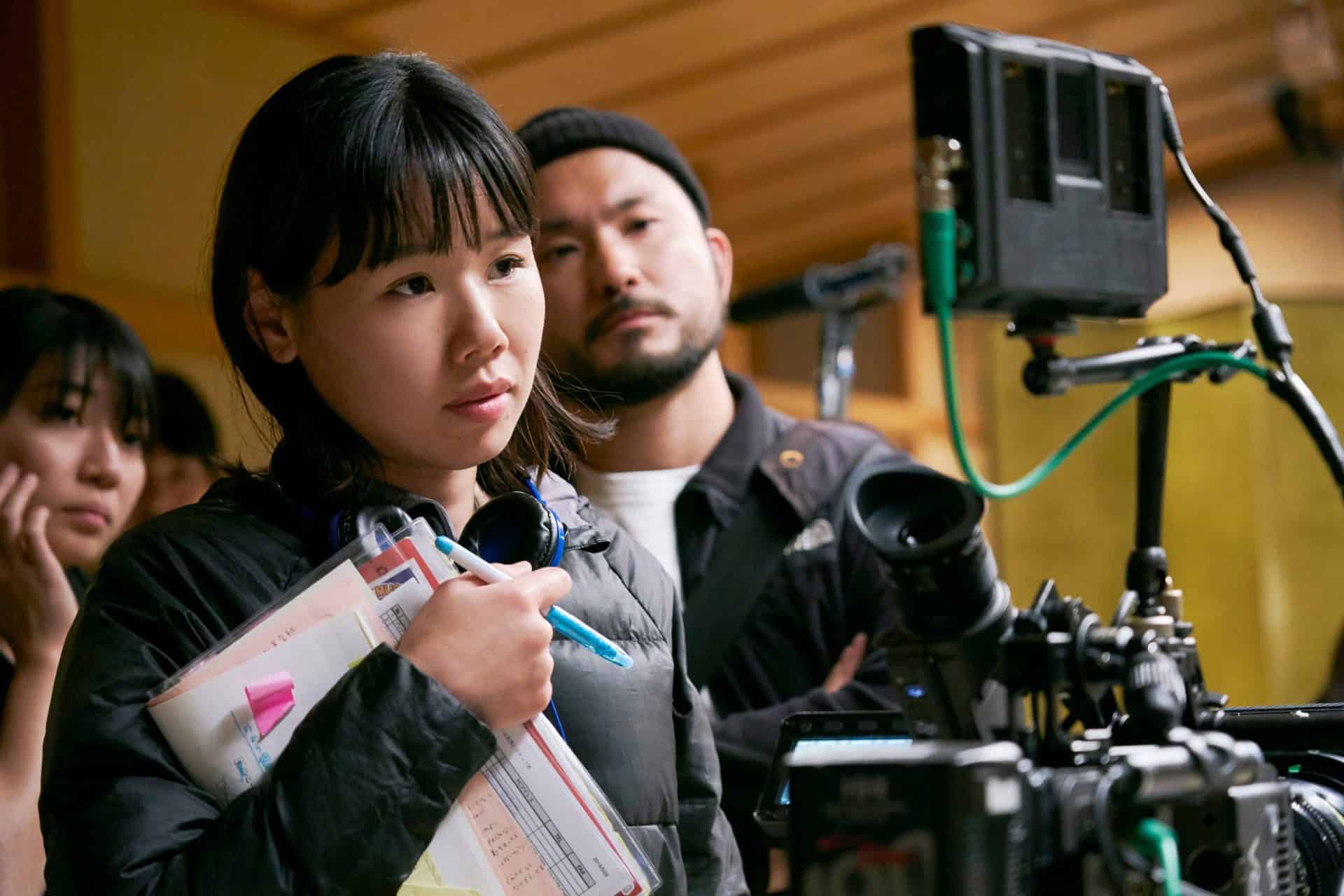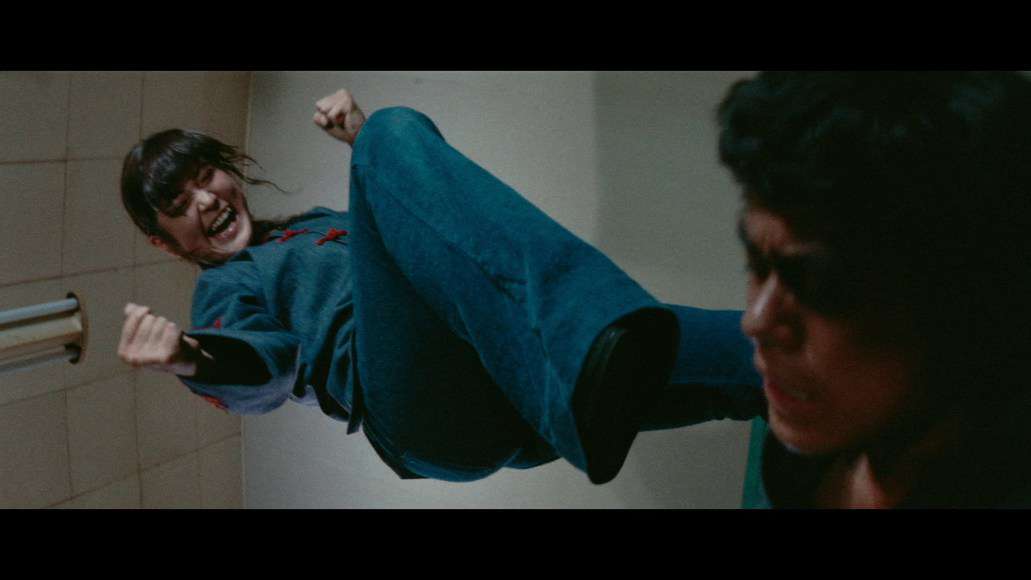Boxing has always been a very cinematic sport, with the its overall rules and the head-to-head mentality providing material for both captivating scripts and impressive visuals. Asian cinema has also been dealing with the concept, even if sporadically, but recently, there has been a surge of titles revolving around boxing, as we are still waiting for Brillante Mendoza's “Gensan Punch”, which the protagonist, Shogen, having described the shooting as a once in a lifetime experience.
Among these titles, we picked 15 we think are among the most captivating to watch, as always with a focus on diversity in country of origin, filmmaker and style, although Japan has taken the lion's share of entries in this list. The list is in chronological order.
1. Knockout (Junji Sakamoto, 1989, Japan)
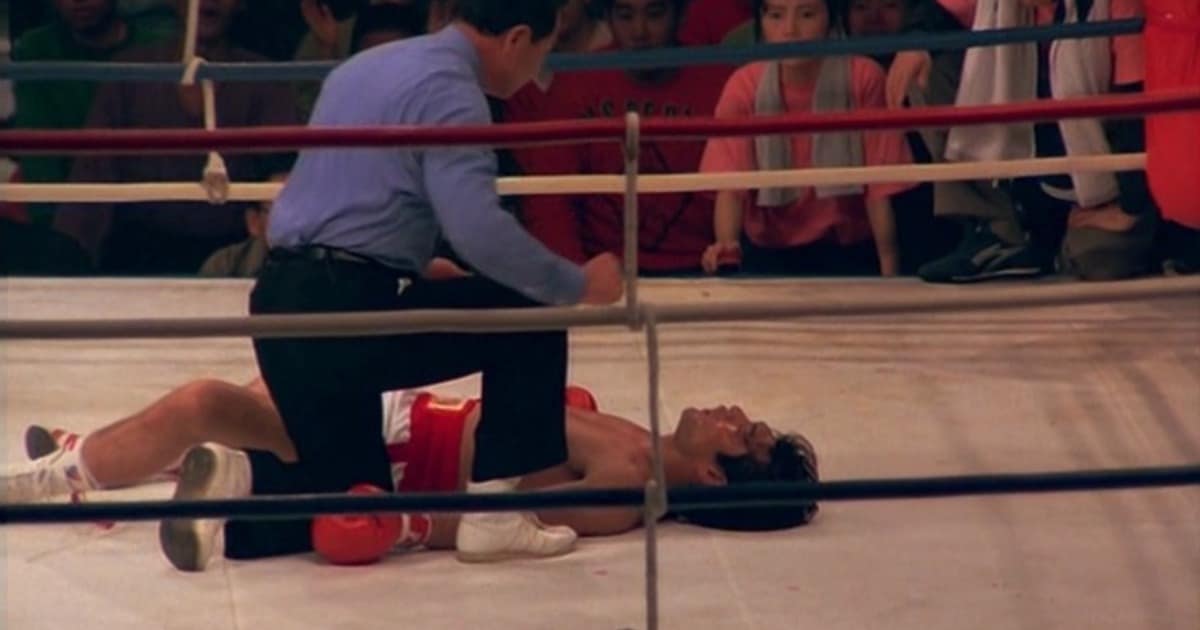
Violent, funny, dramatic and quirky are few of the contradictory words that can describe both “Knockout” and Hidekazu Akai, who plays the protagonist here, Eiji. As we watch him struggling with the fact that he cannot compete in the ring anymore, his frustration fills the screen, providing one of the most captivating aspects of the narrative, along with the way the people who care for him suffer from his behaviour. Junji Sakamoto highlights this dark aspect of boxing and sports in general, how difficult it is for the competitive athletes to retire, particularly due to an injury.
2. Tokyo Fist (Shinya Tsuakamoto, 1995, Japan)

In the end, “Tokyo Fist” is a film about the physical form, its limits and possibilities. Given the context of our society's obsession with perfection and the physical form, it is a darkly funny, but also quite disturbing movie to watch as well as an almost logical consequence of the themes laid out in the second “Tetsuo”-film. (Rouven Lin)
Buy This Title
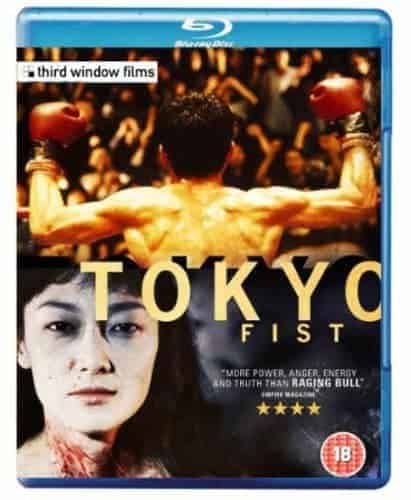
3. Kids Return (Takeshi Kitano, 1996, Japan)
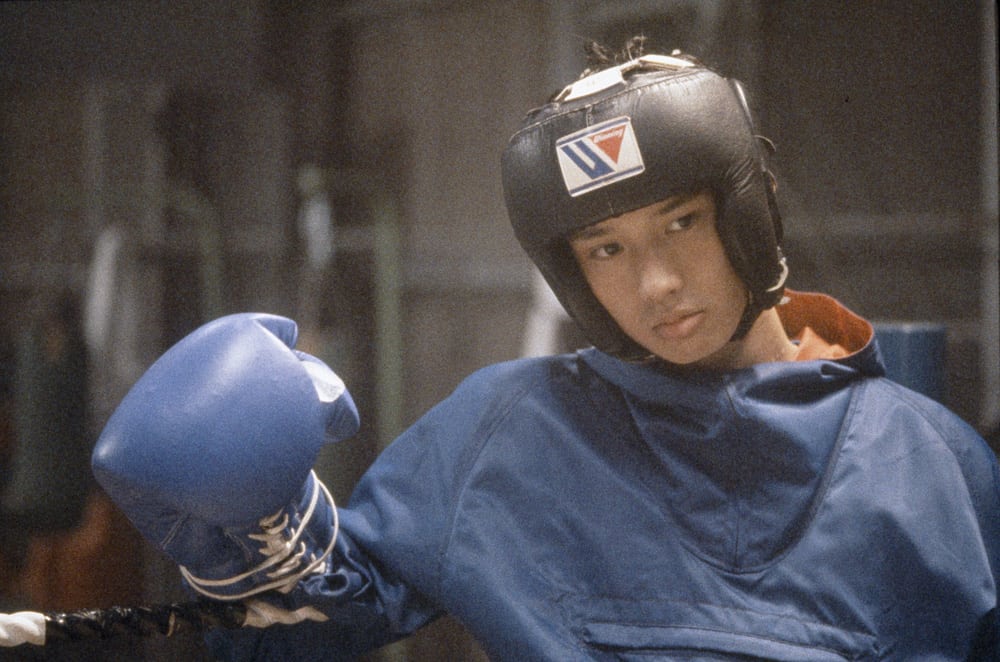
Takeshi Kitano's semi-autobiographical lament on how adulthood isn't “it's all cracked-up to be” takes a look at a number of careers the director tried before becoming a comedian. “Kids Return” focuses on one particular failure, with Shinji (Masanobu Ando) taking-up amateur boxing on finishing school. But instead of a glamourous lifestyle, Shinji finds himself torn between coaches pushing him to train harder and older boxers corrupting him with tricks and cheats. Understated, Kitano paints a bleak picture of adults and adulthood throughout in a film full of sadness against the gritty backdrop of inner-city Tokyo. Shinji perhaps is disciplined enough for boxing or adulthood, as Kitano leaves us wanting to return to the carefree jokes of childhood. (Andrew Thayne)
Buy This Title
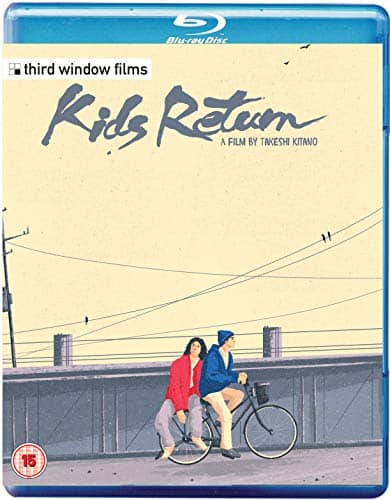
4. Unchain (Toshiaki Toyoda, 2000, Japan)
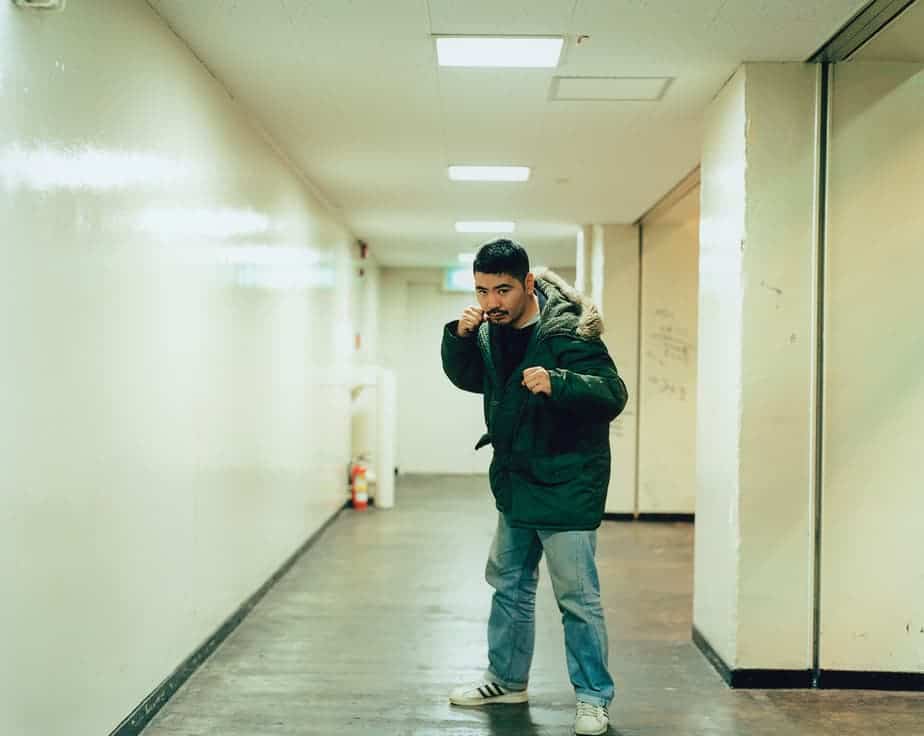
Films and documentaries about underdogs that manage to win, or people who were winners all their life is something common in cinema. Toshiaki Toyoda though, chose to deal with the exact opposite subject, a group of people (Tetsu Garuda, Seichiro Nishibashi, Osamu Nagaishi) headed by “Unchain” Kaji, who do not seem to get a break from the day they were born. As the story unfolds starting with Kaji, we learn of his unfortunate life, which actually initiated from birth. His parents abandoned him when he was an infant and he was raised by his uncle, although he did not know that until he became 18. His uncle eventually died and he took up boxing, without, though, managing to win even once, as he retired with a record of eight losses and one draw, after severe damage to his eye. As he tries to start a new life as a civilian, his situation becomes even worse, despite the efforts of his friends. (Panos Kotzathanasis)
Buy This Title
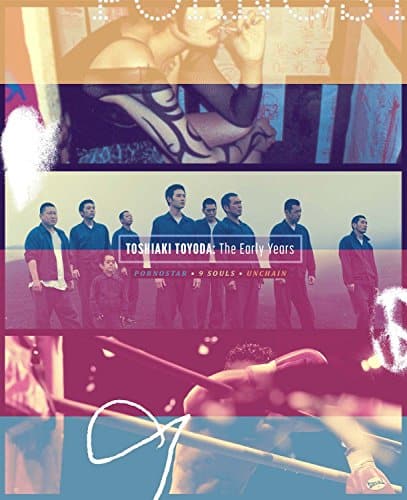
5. Born Wild (Patrick Leung, 2001, Hong Kong)
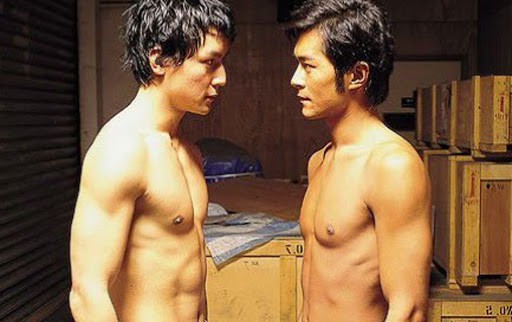
Louis Koo and Daniel Wu provide the pugilism as ill fated brothers in the cinematic equivalent of a flash boxer with a glass jaw. There is a good movie in here somewhere but the weaknesses keep torpedoing it every time it gains promise. Patrick Tam provides a great supporting turn but over stylised fight scenes and a disjointed plot distract. One that sadly stays in the undercard rather than main events. (Ben Stykuc)
Buy This Title
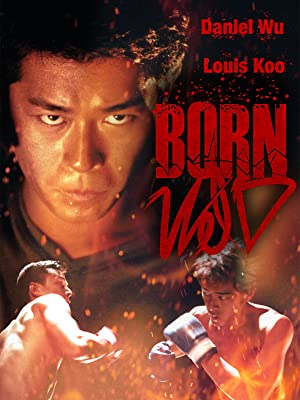
6. Crying Fist (Ryoo Seung-wan, 2005. S. Korea)
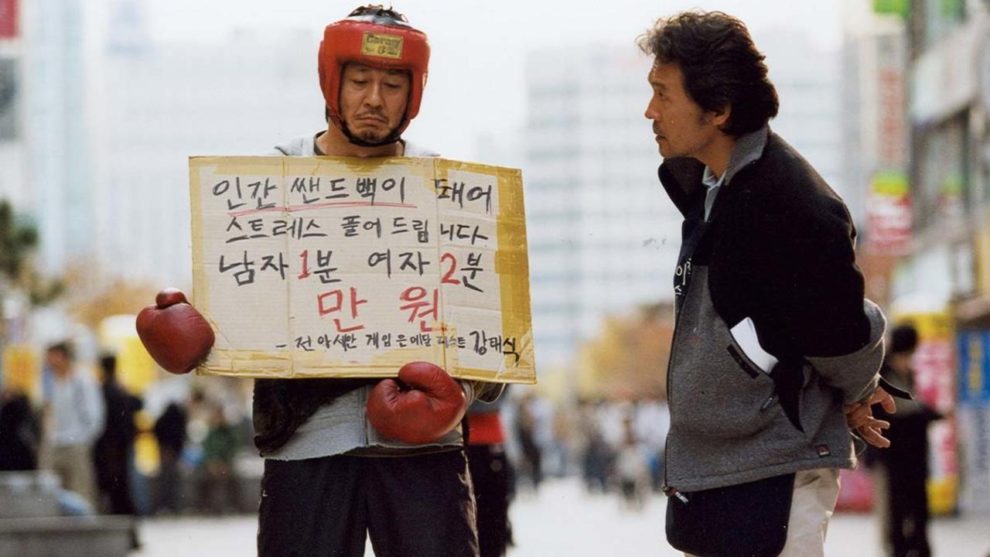
Boxing easily has to be the most represented sport in cinema and South Korea too has its fair share of stories set within the world of boxing. But what sets “Crying Fist” apart from any other such underdog story is that it puts the audience in both corners of the ring, giving us two wholly different stories and both fighters in a match to sympathise with and root for. This is particularly interesting, and a big strength of the writing by Ryoo Seung-wan and Jeon Cheol-hong, because when the narrative starts, both men come across quite unpleasant and unlikeable. However, by the time the two finally come across each other, you can't help but want the fight to end in a draw and for both the characters get their due redemption. (Rhythm Zaveri)
Buy This Title
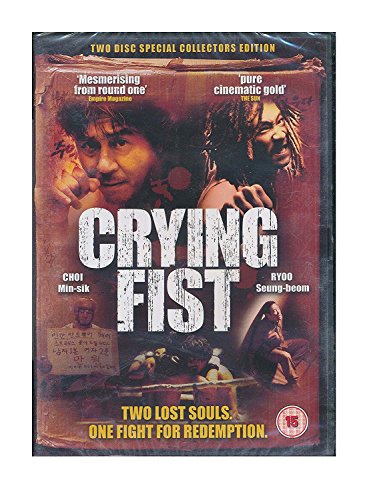
7. Always (Song Il-gon, 2011, S. Korea)

The relationship of the two protagonists is very interesting and tender, with the dog's presence adding to that sentiment, and stands apart from the plethora of similar stories due to the fact that there is no agony if the two of them will become a couple. (Panos Kotzathanasis)
Buy This Title

8. 100 Yen Love (Masaharu Take, 2014, Japan)
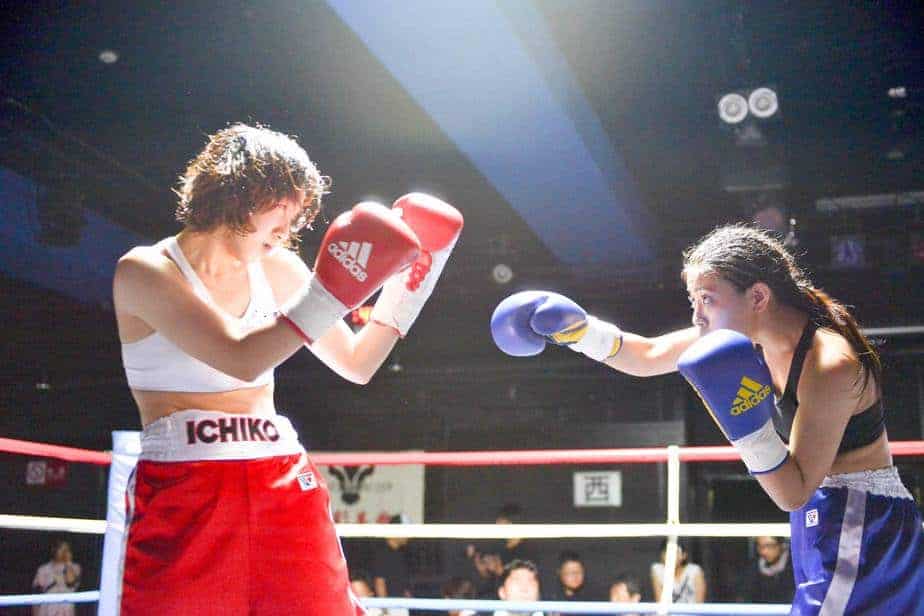
Finally, “100 Yen Love” is a story about not giving up, about becoming stronger and creating a new perspective on life and about yourself. Even though its story might not be the most original and drags on sometimes, its central performance as well as the understated approach in Hirofumi Arai's script make “100 Yen Love” a quite touching experience. This is especially true for the magnificently shot and acted finale. (Rouven Lin)
Buy This Title
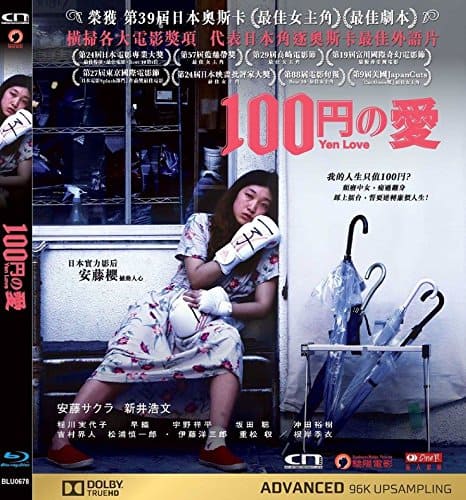
9. Irudhi Suttru (Sudha Kongara,2016, India)
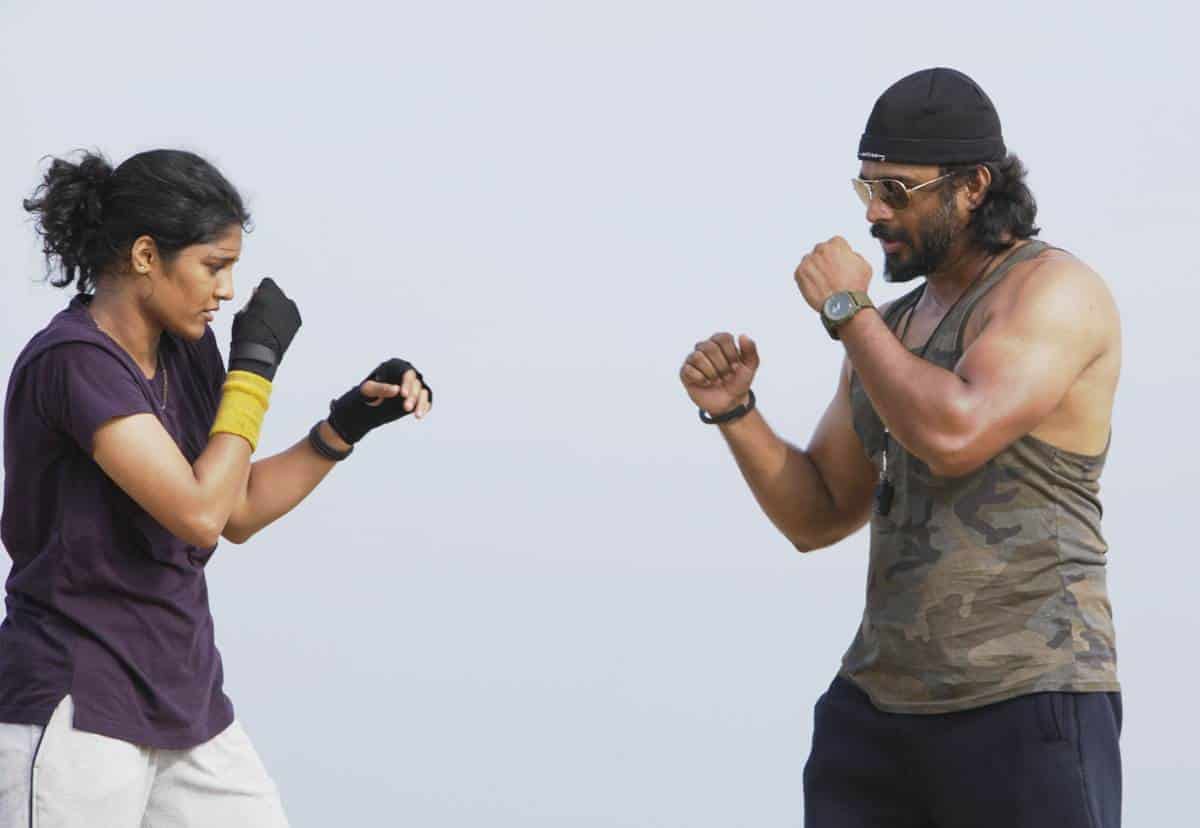
Disgraced boxer Prabhu, failed by the unfair politics of a sporting association, gets a low profile job as a coach at the national women's boxing training academy. Disillusioned and anguished, he finds a new goal when he discovers a natural talent in feisty fishmonger Madhi, whose elder sister Lakshmi is training at the academy. The hot-headed girl is ok with taking up sports but has attitude issues. The coach and the young sportswoman will have to work their ways to succeed. Yes, we have all seen it before, with obligatory practice & competition montages, on-and-off-the-ring perturbations, and the all-important climax fight, but Tamil director Sudha Kongara works with formulaic puzzles to a highly entertaining result. On the courtesy of her character portrayals along with fantastic spirited performances of Madhavan and a debutant Ritika Singh, a former MMA fighter, “Irudhi Suttru ” stands out.
Buy This Title
10. Wilderness Part 1 & 2 (Yoshiyuki Kishi, 2017, Japan)

“Wilderness: Part 1 & 2” may not be well remembered in the future. It also may not have much impact due to the distribution or due to the fact that it's a “small” independent film, but the reality is that it deserves all that and more. It deserves to become an instant classic of modern Japanese cinema, and without a doubt, it will leave you crying at the end. (Pedro Morata)
11. My Punch-Drunk Boxer (Jung Hyuk-ki, 2019, S. Korea)

Jung Hyuk-ki and actor Cho Hyun-chul expand the script from their short “Dempseyroll: Confessions” to analyze further the emotions and state of the characters already existing in the short. It is essentially an underdog story, but one with much higher stakes for its lead character. There is also the love angle that works as the character's support system as seen often in this genre, but the fresh chemistry between the leads manages to hold attention. Throughout the narrative, there's also an interesting running theme of how people and places both change and evolve and with them, so do our memories of them. No matter how hard you try to hold on to these memories – in the case of the characters, through photographs, holding onto a gym in a time when the locality is redeveloping or through ghosts of your own past – life has a funny way of eventually changing it all up for you. (Rhythm Zaveri)
Buy This Title
12. Chasing Dream (Johnnie To, 2019, Hong Kong)

All in all, “Chasing Dream” is a well-crafted popcorn romantic comedy/melodrama, with a striking and charming visual and effervescent pace, undoubtedly targeted at a young Mainland China market but also to whoever feels the need for a blast of bubblegum pop music and energetic fights for your dreams, whatever they might be. (Adriana Rosati)
13. One Second Champion (Chiu Sin-hang, 2020, Hong Kong)
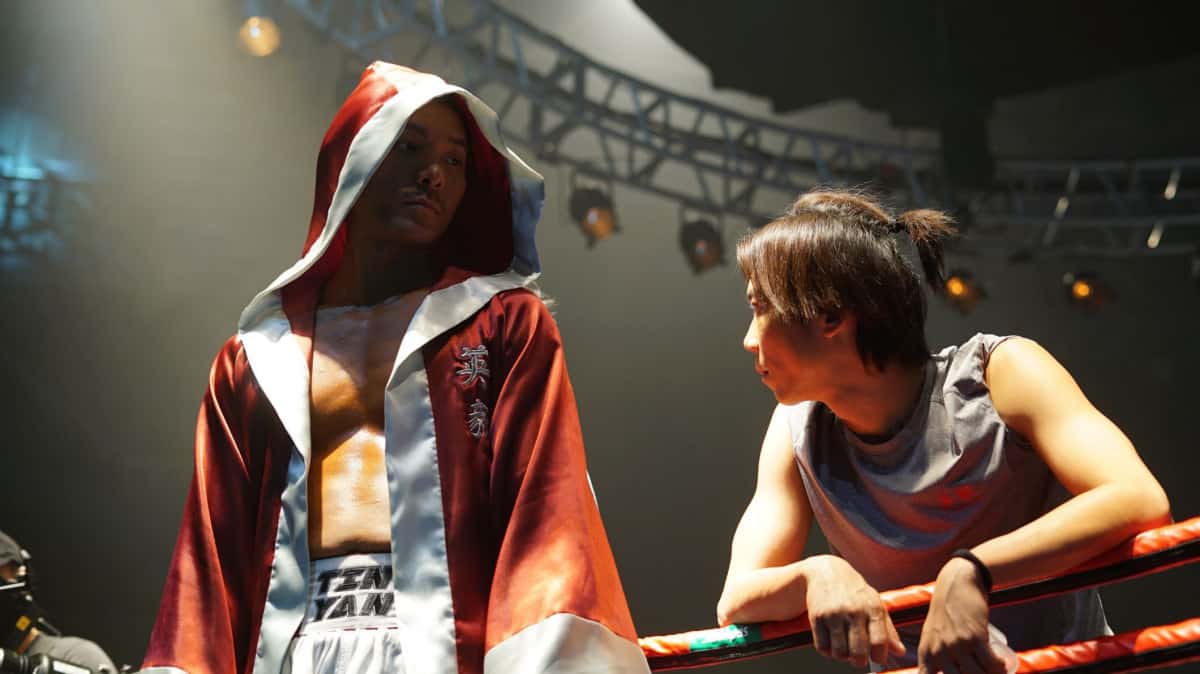
Hong Kong is having a hard time at the moment and “One Second Champion”'s positive tale of underdogs offers a very welcome and uplifting moment of escapism, with its likable characters, its aura of nostalgia and its display of sportsmanship and tenacity. (Adriana Rosati)
14. Fighter (Jero Yun, 2020, South Korea)
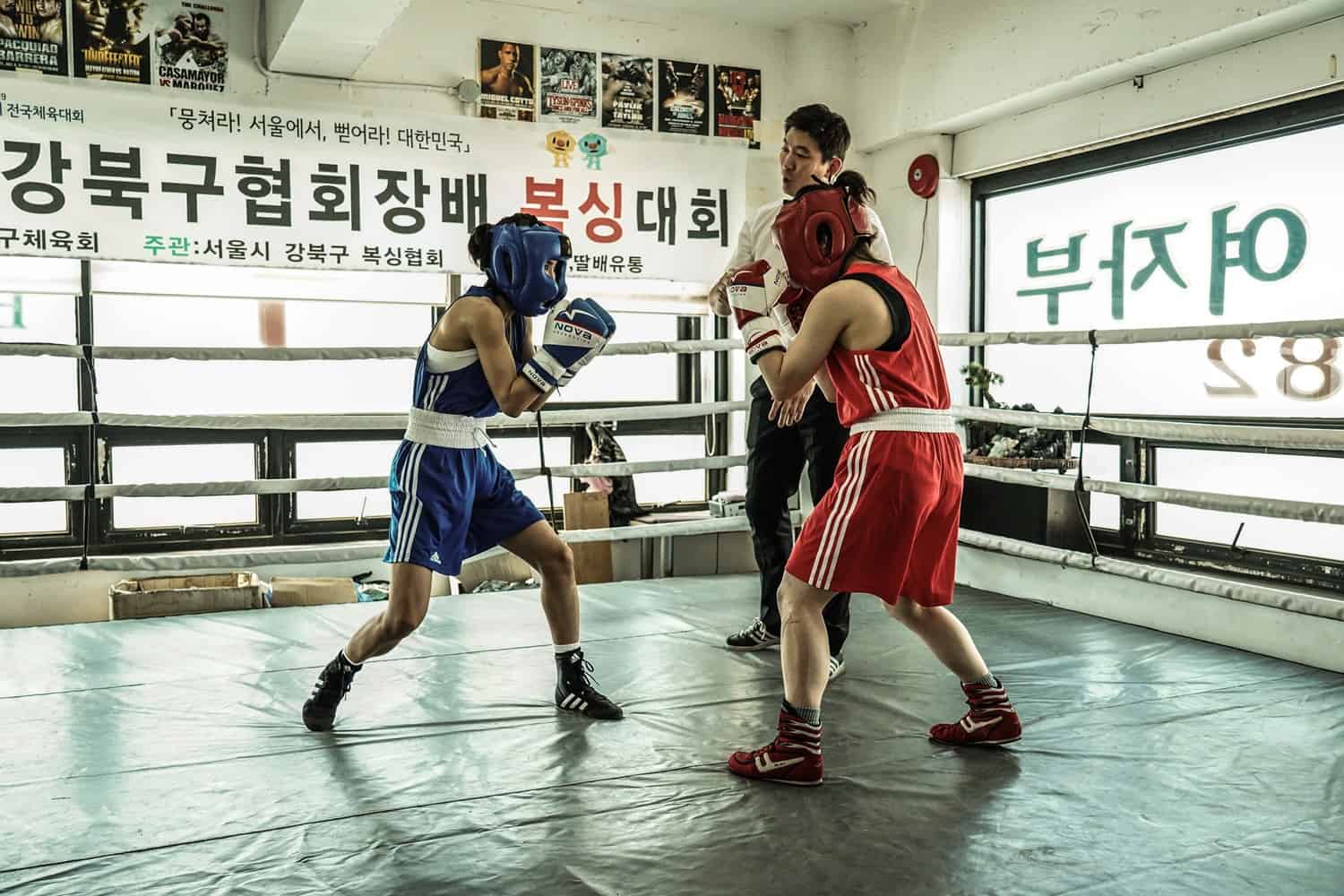
Jero Yun uses his extensive experience with North Korean refugees into his script to give a well-informed character study of one such individual and her struggles not only in adapting to the new world around her but also to live a fulfilling, dignified life for herself and her father. The title “FIGHTER” really tells best of her struggles, with Ji-na proving to be a fighter in more ways than one. In addition to being a fighter in the ring, she fights a prejudiced vision of the South Korean people towards those from the North every day, to be accepted and seen as an equal. Of course there are several cultural clashes that Yun portrays well- seeing a fully tattooed arm, women in gym outfits or even a man casually asking to walk her home- but Ji-na fights through those to try to adapt and live a normal life. (Rhythm Zaveri)

15. Blue (Keisuke Yoshida, 2021, Japan)
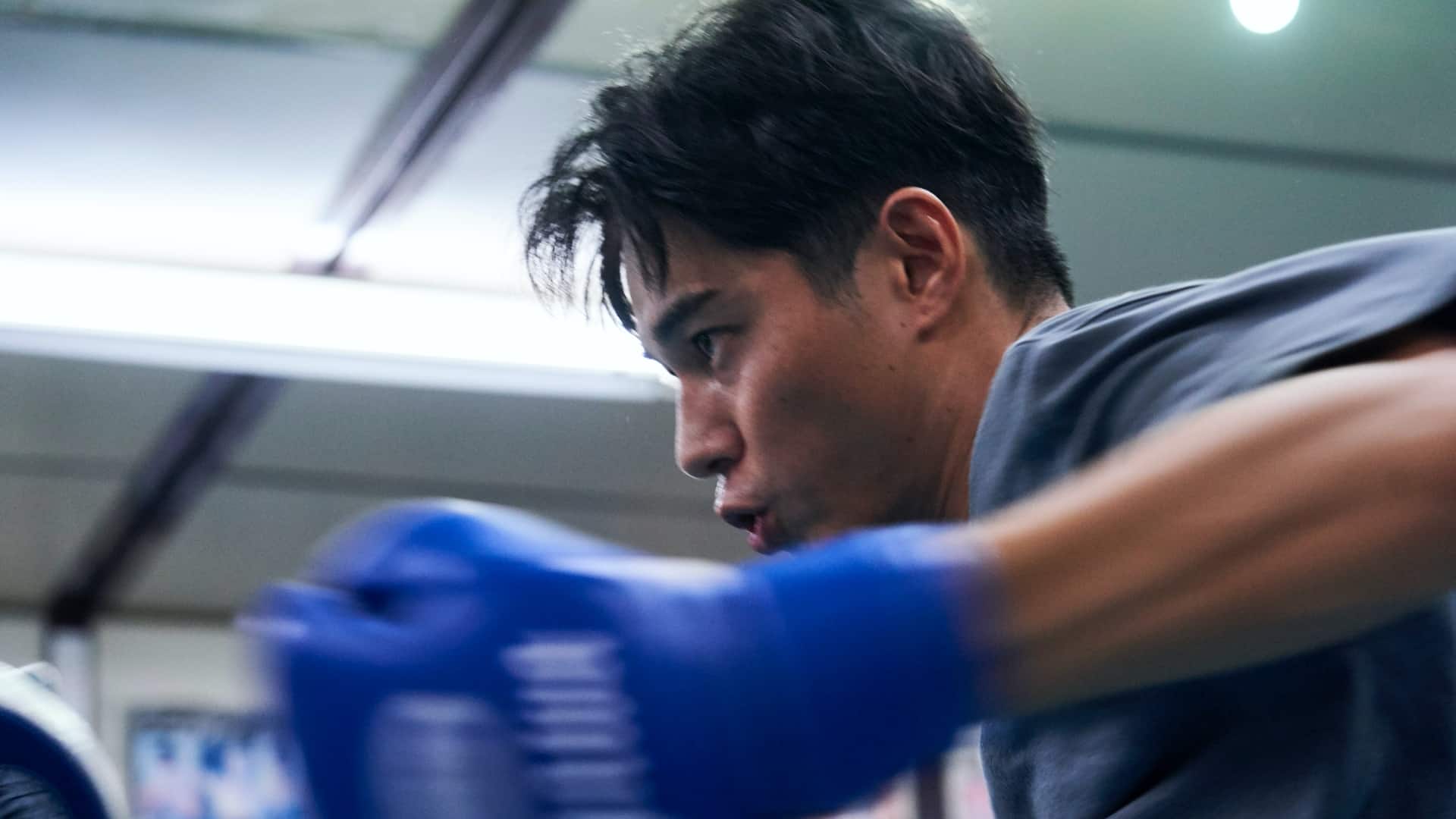
“Blue” is an idyllic love letter to the world of combative sports. A wonderfully crafted drama with strong performances, the film transcends the restraints of being tied to those who have an interest in boxing. Essentially, fans of the sport are likely to come out with a deeper appreciation of the work, but it won't isolate the casual fan. One of the more competent and heartwarming dramas in recent memory, I can't speak the praises of “Blue” highly enough – don't miss out on this one! (Adam Symchuk)


